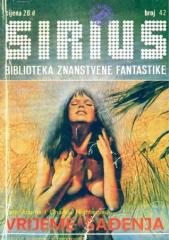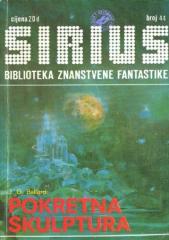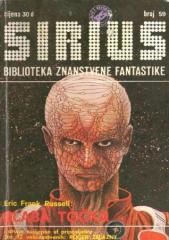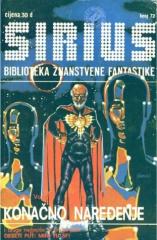J. G. Ballard
James Graham "J. G." Ballard (15 November 1930 – 19 April 2009) was an English novelist, short story writer, and essayist. Ballard came to be associated with the New Wave of science fiction early in his career with apocalyptic (or post-apocalyptic) novels such as The Drowned World (1962), The Burning World (1964), and The Crystal World (1966). In the late 1960s and early 1970s Ballard focused on an eclectic variety of short stories (or "condensed novels") such as The Atrocity Exhibition (1970), which drew closer comparison with the work of postmodernist writers such as William S. Burroughs. In 1973 the highly controversial novel Crash was published, a story about symphorophilia and car crash fetishism; the protagonist becomes sexually aroused by staging and participating in real car crashes. The story was later adapted into a film of the same name by Canadian director David Cronenberg.
While many of Ballard's stories are thematically and narratively unusual, he is perhaps best known for his relatively conventional war novel, Empire of the Sun (1984), a semi-autobiographical account of a young boy's experiences in Shanghai during the Second Sino-Japanese War as it came to be occupied by the Japanese Imperial Army. Described as "The best British novel about the Second World War" by The Guardian, the story was adapted into a 1987 film by Steven Spielberg.
The literary distinctiveness of Ballard's work has given rise to the adjective "Ballardian", defined by the Collins English Dictionary as "resembling or suggestive of the conditions described in J. G. Ballard's novels and stories, especially dystopian modernity, bleak man-made landscapes and the psychological effects of technological, social or environmental developments." The Oxford Dictionary of National Biography entry describes Ballard's work as being occupied with "eros, thanatos, mass media and emergent technologies".
Titles in our offer
Carstvo sunca
The novel is based on the writer's experiences in Shanghai during World War II and in the Civilian Collection Center in Lunghua, where he was interned from 1942 to 1945. Steven Spielberg made a film of the same name based on the script by Tom Stoppard.
Sirius: Biblioteka znanstvene fantastike - broj 42
Sirius war ein kroatisches Science-Fiction-Magazin. Die Gründung wurde 1976 von Damir Mikuličić vorgeschlagen. In Sirius wurden Werke inländischer Autoren sowie Übersetzungen ausländischer Science-Fiction-Autoren veröffentlicht. Es wurde von 1976 bis 1989
Sirius: Biblioteka znanstvene fantastike - broj 44
Sirius war ein kroatisches Science-Fiction-Magazin. Die Gründung wurde 1976 von Damir Mikuličić vorgeschlagen. In Sirius wurden Werke inländischer Autoren sowie Übersetzungen ausländischer Science-Fiction-Autoren veröffentlicht. Es wurde von 1976 bis 1989
Sirius: Biblioteka znanstvene fantastike - broj 59
Sirius war ein kroatisches Science-Fiction-Magazin. Die Gründung wurde 1976 von Damir Mikuličić vorgeschlagen. In Sirius wurden Werke inländischer Autoren sowie Übersetzungen ausländischer Science-Fiction-Autoren veröffentlicht. Es wurde von 1976 bis 1989
Sirius: Biblioteka znanstvene fantastike - broj 72
Sirius war ein kroatisches Science-Fiction-Magazin. Die Gründung wurde 1976 von Damir Mikuličić vorgeschlagen. In Sirius wurden Werke inländischer Autoren sowie Übersetzungen ausländischer Science-Fiction-Autoren veröffentlicht. Es wurde von 1976 bis 1989




